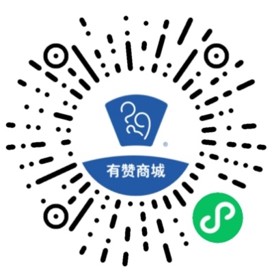
Breast Cancer: Myths and Facts
Although many advances have been made in the screening and treatment of breast cancer in recent years, many questions are still unanswered concerning the cause of the disease. These questions lead to many misunderstandings about breast cancer. The goal of this article is to use known facts to dispel some myths about breast cancer.
Myth 1: I’m too young to worry about breast cancer.
Fact: It’s true that the risk of breast cancer increases with age. In younger women, 20 – 39 years of age, breast cancer is less common than in their women 40 or older. However, younger women have been known to develop breast cancer, especially if they have a strong family history of breast cancer. You are never too young to start screening for breast cancer! We also recommend that women do reguarl breast self examinations starting around age 20.
Myth 2: There has never been a case of breast cancer in my family, so I don’t need to worry about it happening to me.
Fact: It is true that your risk of developing breast cancer increases significantly if your mother or sisters have had breast cancer. However, a majority of the women who are diagnosed with breast cancer do not have a family history of breast cancer.
Myth 3: Most women who are diagnosed with breast cancer have more than one risk factor prior to diagnosis.
Fact: All women are at risk for developing breast cancer whether they have known risk factors or not. In fact, most breast cancer patients have no other risk factors other than being female. That being said, the most common risk factors include family history, atypical hyperplasia (hyperactive cell division), delaying pregnancy until after age 30 or never having been pregnant, early menstruation (before age 12), late menopause (after age 55), current use or recent use of oral contraceptives in the last 10 years, and daily consumption of alcohol.
Myth 4: Breast cancer is preventable.
Fact: An antiestrogen drug, tamoxifen, may decrease breast cancer risk in some women. However, most breast cancer is not preventable. The real key to surviving breast cancer is early detection and curative treatment.
Myth 5: Having yearly mammograms will expose me to too much radiation and will increase my risk of developing cancer.
Fact: According to the American College of Radiology, the benefits of annual mammograms far outweigh the risks of receiving minute amounts of radiation during the mammography. The amount of radiation exposure you receive in a single mammography is about the same as that received during a two-hour exposure to sunlight. A mammogram may detect breast cancer up to a year or two before you or your physician feel a lump by physical examination. Breast cancer detected at an early stage has the best chance of being cured.
Myth 6: I’m not going to breastfeed my baby because breastfeeding would increase my risk of getting breast cancer.
Fact: The opposite is true.You have probably heard that breastfeeding benefits your baby. Breastfeeding provides substantial benefits to the mother as well. Breastfeeding may actually decrease the risk of premenopausal breast cancer, and the risk only declines as breastfeeding increases in duration.





